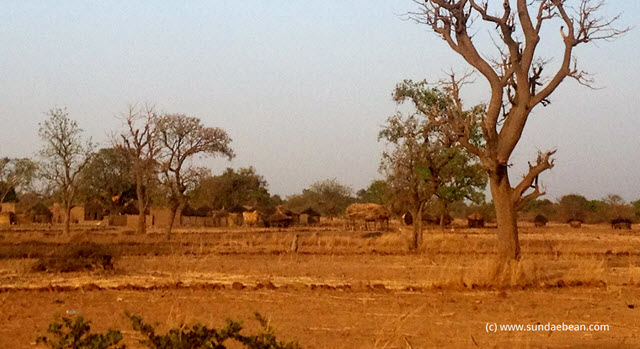An often forgotten intercultural competence
Nov 29, 2015 · by Sundae Schneider Bean · 2
I don´t know about you, but I get irritable at 110°F (43°C). To say the least, I am not my most patient.
The weather – at first glance – is one of those “safe topics” you can bring up in almost any culture. However, the most experienced expat managers I know actively consider the impact weather can have on expat fatigue and job performance.
Cross-cultural management is tough enough in the air-conditioned comfort of an office. Keeping cool in the face of culture shock whilst enduring extreme weather is even tougher. The practical test of your expatriates’ intercultural competence will come when temperatures are hitting highs or icy lows or when the Monsoon is dumping buckets of rain on your hot-weather clothes.
Intercultural competence in challenging conditions

Imagine navigating a misunderstanding rooted in emotionally-charged cultural differences while standing in the beating sun at 43°Celcius / 110°Fahrenheit.
You´re wearing long trousers, a shirt that meets your wrists and you´re sweating heavily. The sun and the 80% humidity are causing your usually high intercultural competencies to drop at a rocketing speed.
The expatriates I work with are sincere in their intention to find creative solutions to their challenges. But the weather impacts effectiveness and well-being of foreigners even before the acclimatised local population.
Top weather challenges for expatriates
Here are some of the weather extremes I’ve seen test the endurance of expatriates.
- Heat – an everyday challenge for me based here in Burkina Faso
- Cold – do your executives heading for Russia, the Nordics or Canada know how to handle this level of cold?
- Monsoon – this is in a different category from mere heavy rain
- Sandstorms – ready for the destruction sand can cause your car’s new paint job?
- Wildfires – that house at the edge of town seemed like a good idea before the dry season…
- Ice – how far can you walk without slipping?
Adapting to other cultures involves adapting to the living and working circumstances of the local context. There are practical effects on health and family life, working and travelling schedules, locations for meetings, etc.
Being prepared for extreme weather improves the adaptability of expats when that unfamiliar weather hits.
Six weather questions to ask locals
Local knowledge you need when sending expatriates into new climates:
- How does the weather impact daily business?
- What is the best aspect of the weather there?
- What are the main negative influences of the weather on the quality of life?
- What health matters are influenced by the weather?
- How might the weather guide one´s day-to-day routine?
- What preparations can I make to be ready for the weather?
If you support expatriates to find the right assignment and prepare for it, invite them to go beyond simple weather trends when researching the target culture. Maintaining cultural adaptability in extreme weather is one sure proof of solid intercultural competence.
Leave a Reply to An Often Forgotten Intercultural Competence Cancel reply
You must be logged in to post a comment.

So very true Sundae, and as you’ve mentioned, not always considered more than in passing. Certainly the heat and humidity here in Vanuatu this last month has sapped energy for both my partner and I, he working locally as an engineer, and me working in the online sphere from home. Having an idea what to expect, what the results may be and how to reduce the effects – beforehand – would be highly desirable.
[…] In An often forgotten intercultural competence you will discover: […]